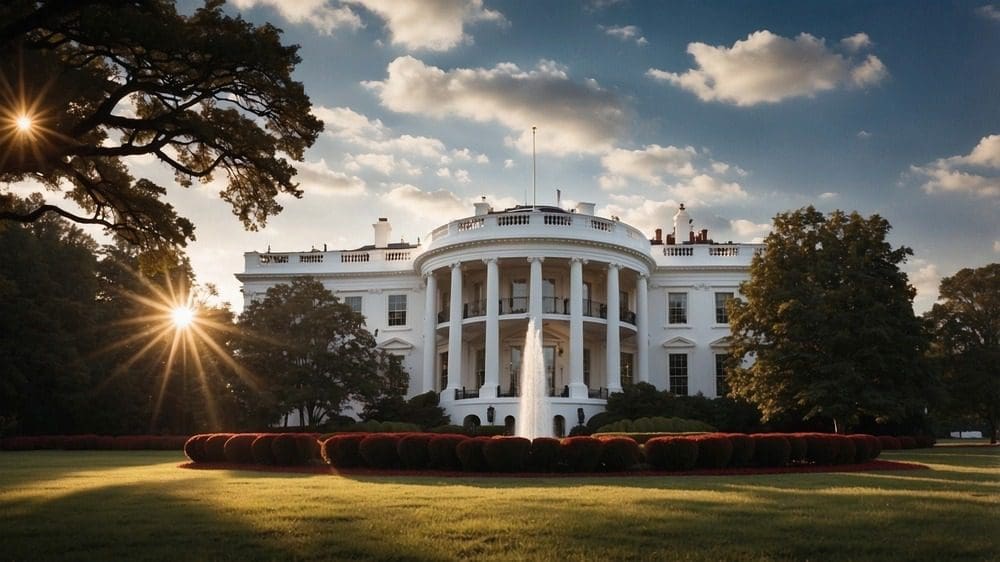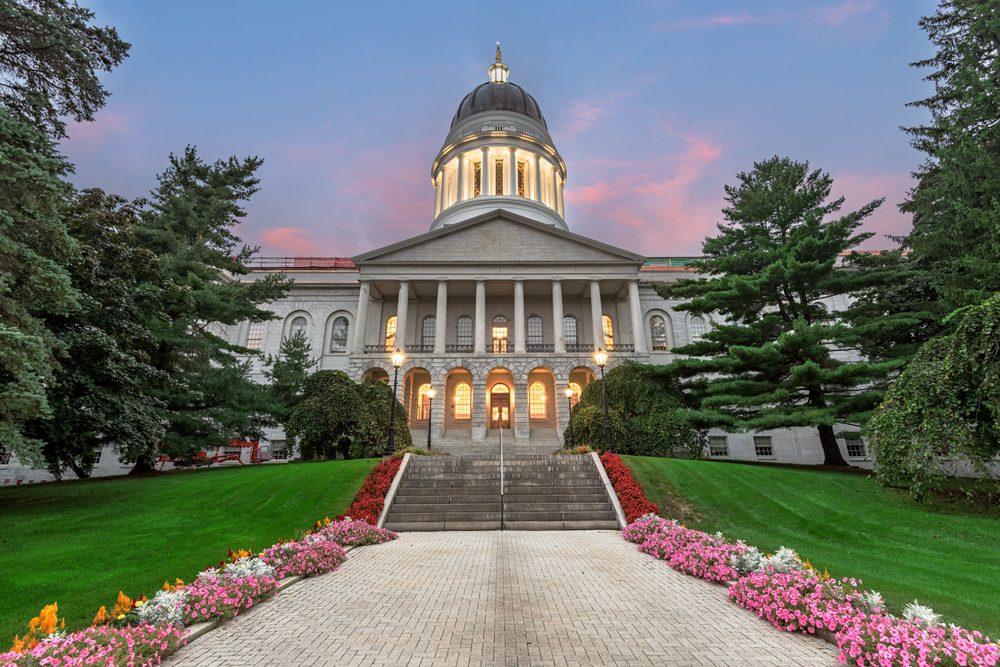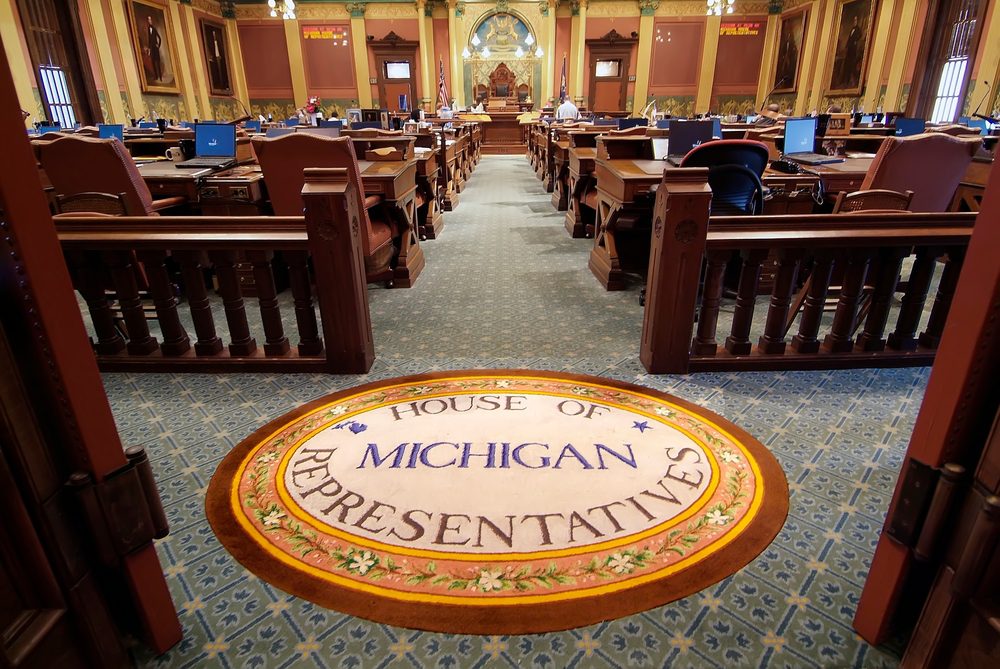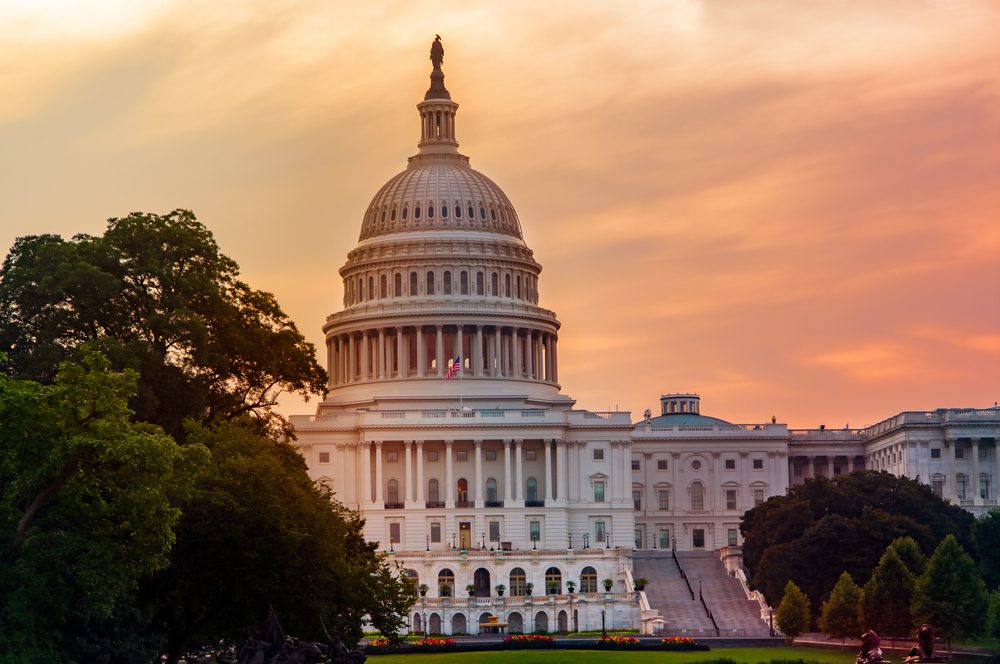
The 2026 midterms won’t just redraw Congress — they’ll reshape the 2028 presidential map.
The next wave of contenders isn’t coming from think tanks or talk shows. They’re the governors, senators, and insurgent candidates about to win — or survive — the biggest test of their political lives.
The names that break through this cycle will set the tone for the post-Trump era, no matter who’s sitting in the Oval Office.
The Battlefield

Democrats enter the cycle favored to retake the House thanks to strong special-election performance and fatigue with GOP infighting. The Senate, though, is tougher terrain: a map tilted red and heavy with swing-state exposure. In short, the 2026 story isn’t about a wave — it’s about who swims through the current and surfaces ready for 2028.
Texas: The GOP’s Powder Keg

The Paxton-Cornyn showdown is the purest test of post-Trump conservatism. Paxton has the populist base; Cornyn has the donor class. Either outcome reshapes Republican power. A Paxton win would crown him MAGA’s next field general. A Cornyn comeback could signal a donor-led counterweight inside the party — a quiet audition for the “grown-up Republican” lane in 2028.
Maine: The Unlikely Flashpoint

Governor Janet Mills jumping into the Senate race against Susan Collins gives Democrats a surprise marquee fight. If Mills flips a seat long held by a Republican moderate, she becomes an instant national figure — pragmatic, coastal, and battle-tested in a bipartisan state. She’d also give Democrats the rare commodity of credibility north of Boston.
Michigan: The Kingmaker State (Again)

Michigan’s open Senate seat is the most important race of the cycle. Whoever wins — Republican or Democrat — becomes the face of the modern Midwest. Expect union politics, EV jobs, and trade policy to dominate. The winner steps into 2028 with a built-in national message: economic populism that actually connects.
The House Factor

If Democrats reclaim the gavel, the new faces who lead messaging — the committee chairs, the floor generals — instantly become national brands. Think Alexandria Ocasio-Cortez on one end, Jared Golden or Abigail Spanberger on the other. The fight for tone inside the new majority could preview the Democratic presidential primary two years early.
Republican Bench Watch

Beyond Trump, eyes are on governors like Ron DeSantis (rebuilding), Glenn Youngkin (testing donor waters again), and Kristi Noem (damaged but still visible). The 2026 results will either validate their brands or wipe them off the table. The real wildcard: whoever wins Texas — they become the party’s ideological weathervane overnight.
Democratic Bench Watch

If Mills wins in Maine and Democrats hold Michigan, they suddenly have a credible next-gen slate: governors with executive chops and senators with swing-state appeal. Add potential House stars from flipped districts, and the conversation moves past Biden-era nostalgia into a younger, data-driven coalition.
The Metrics That Matter

- Fundraising velocity: small-donor spikes signal cultural reach, not just cash.
- Issue ownership: whoever can make the economy, border, or AI regulation feel personal wins airtime.
- Media oxygen: midterm winners with clean narratives — “teacher turned reformer,” “veteran governor beats machine” — own the next cycle’s headlines.
- Coalition crossover: growth with independents or working-class voters in swing states translates directly into 2028 viability.
Scenarios

- Blue House, Red Senate: Split control creates gridlock but breeds stars on both sides — Democrats with reform cred, Republicans with obstructionist fire.
- Unified GOP Control: Expect economic volatility, global tension, and a crowded 2028 primary full of victory-claimers.
- Unified Dem Control: Markets calm, progressive governors rise, and Biden-era staffers start hitching wagons to new names fast.
Prediction Take

The 2026 midterms are less about seats than stories. Texas will decide the future of the GOP. Michigan will set the tone for the next swing-state coalition. Maine could hand Democrats their next national figure. By this time next year, the 2028 race won’t be about who’s running — it’ll be about who survived 2026 strong enough to matter.
























